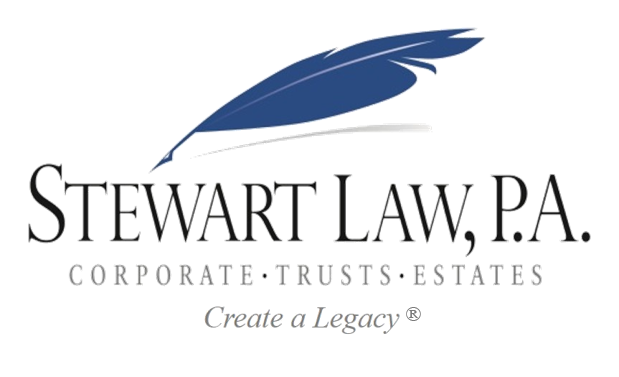Many of our clients who come in to prepare or update their Will ultimately decide to include a Revocable Living Trust (RLT) in their estate plan after learning about the benefits it can provide. These benefits include privacy, avoiding or reducing probate fees and delays, and aiding in the management of their assets during periods of incapacity. If you decide to implement an RLT, you’ll want to fund it by moving assets to it after it’s in place. For an RLT, which is the type of trust that operates as kind of a “Super Will,” you should be adding other […]
Read More
“When is the right time to create an estate plan?” “Am I too young to write a Will?” “Do I have enough assets?” These are a few common questions clients ask when inquiring with our team. Simply put, regardless of age and assets, every adult benefits from having the proper estate planning techniques in place. While the motives of creating an estate plan may vary for each individual, taking the time to create one should be a top priority at every stage of life. Deciding what age you should be when you are ready to create a Will is a […]
Read More
$22.8 Million is probably not a fair approximation of the exclusion amount couples have to protect property from the estate tax. For this to be true, both spouses would need to die before 2026. Otherwise, the language of the Internal Revenue Code appears to make clear that the survivor has at most only two times the then-current exclusion (i.e., after 2026 this is $5 Million X 2 = $10 Million [adjusted for inflation]). One consequence of this is that if you are a surviving spouse who had transferred to them the decedent spouse’s full exclusion, you should consider making additional […]
Read More
By now, you’ve likely heard that certain businesses can qualify for a 20% income deduction under the new tax law. This is true for an “active trade or business.” Earlier this year the IRS issued a proposed safe harbor setting out how rental real estate activities can qualify as an active trade or business for the 20% business deduction. By safe harbor, we mean rules that should work, but taxpayers can still use case law to show their activities qualify as an active trade or business. In other words, this safe harbor can allow you to reduce the effective rate […]
Read More
We are often asked: “I’ve been named as Executor in my mother’s Will. What does an Executor of an estate do?” First, for terminology, an Executor in certain cases can be referred to as an Administrator, but the role is very similar so we’ll combine all the terms under Personal Representative, or “PR” for short. The main responsibility of a PR is settling the estate of a decedent, but you may be wondering what it actually takes to settle an estate. Below is a brief synopsis of some key PR duties: (1) Locate the Will. The most important document the […]
Read More
Have you been avoiding the “uncomfortable” topic of your estate plan with your children? You want to do what is best for your children but perhaps you are legitimately concerned that your children are too young or busy, the conversation will be perceived as morbid or will not deliver the message you intend, or you just think it is too personal or confusing to discuss. For these and many other reasons, it is certainly an easy discussion to put off. However, with the holidays and plenty of family time approaching, we want to review three important reasons to take the […]
Read More






